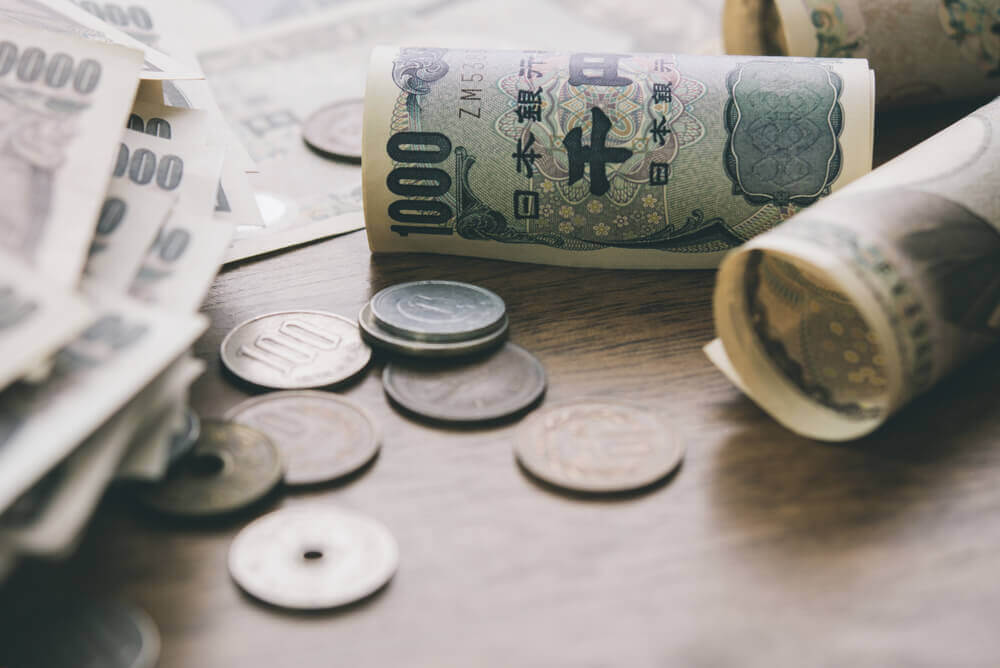
Yen, Swiss Franc Strengthen Amid US-Iran Conflicts
Recently, the safe-haven yen and Swiss franc soared versus the dollar.
The upsurge happened as worries about a stronger escalation of conflict in the Middle East rose. This tension follows the United States’ killing of Iran’s most renowned military commander.
Moreover, the moves lengthened a flight to safety that started last Friday after Iranian Major-General Qassem Soleimani died.
Soleimani was the victim of a US drone strike while on his way to Baghdad airport.
Meanwhile, US President Donald Trump cautioned of “major retaliation.”
The retaliation will happen is if Iran hit back. Meanwhile, Iran’s alternative commander promises a dismissal in the United States from the region.
In a statement, a senior market analyst at OANDA, Edward Moya, said, “The market is still digesting implications of the Iran situation.”
He added, “We have a little softness in the dollar against safe-haven currencies, but I think risk appetite will return. If Iran does retaliate, they know they’re toast.”
Last Sunday, Iran further detached itself from the 2015 nuclear agreement with world powers.
In 2018, the United States withdrew from the deal. However, Iran went on to cooperate with the UN nuclear watchdog.
Further Movements in the Forex Market
Meanwhile, in the FX market, the yen rose on Monday to a three-month high around 107.75.
The increase was in contrary to the US dollar, which was the last trading slightly below 108.13 yen.
Moreover, the Swiss franc, another safe-haven currency, grew against the dollar.
On the flip side, the dollar declined 0.2% to 0.9701 francs. The dollar index was also down 0.22% at 96.63 in the forex trading.
Now and then, the greenback serves as a safe-haven asset given that most central banks hold it as their primary reserve currency.
A significant number of global companies also trade using dollars. However, the yen and the franc stand for a more traditional safe-haven bet.
On the other hand, implied volatility indicators in the euro/dollar were reasonably calm. This status hinted that investors are not yet escaping to add security to their portfolios by purchasing currency options.
A currency volatility index developed by Deutsche Bank was only a bit up, still close to its lowest record levels.
Currencies sensitive to global risk appetite were at the same time declining. The coins include the Australian dollar, New Zealand dollar, and the Swedish crown.
A currency analyst at MUFG, Lee Hardman, said, “Iran is almost certainly to respond in some scale, scope, and magnitude.”
Also, therefore, “market participants are likely to remain nervous until there is more clarity over how geopolitical tensions between the US and Iran will proceed,” Hardman said.




